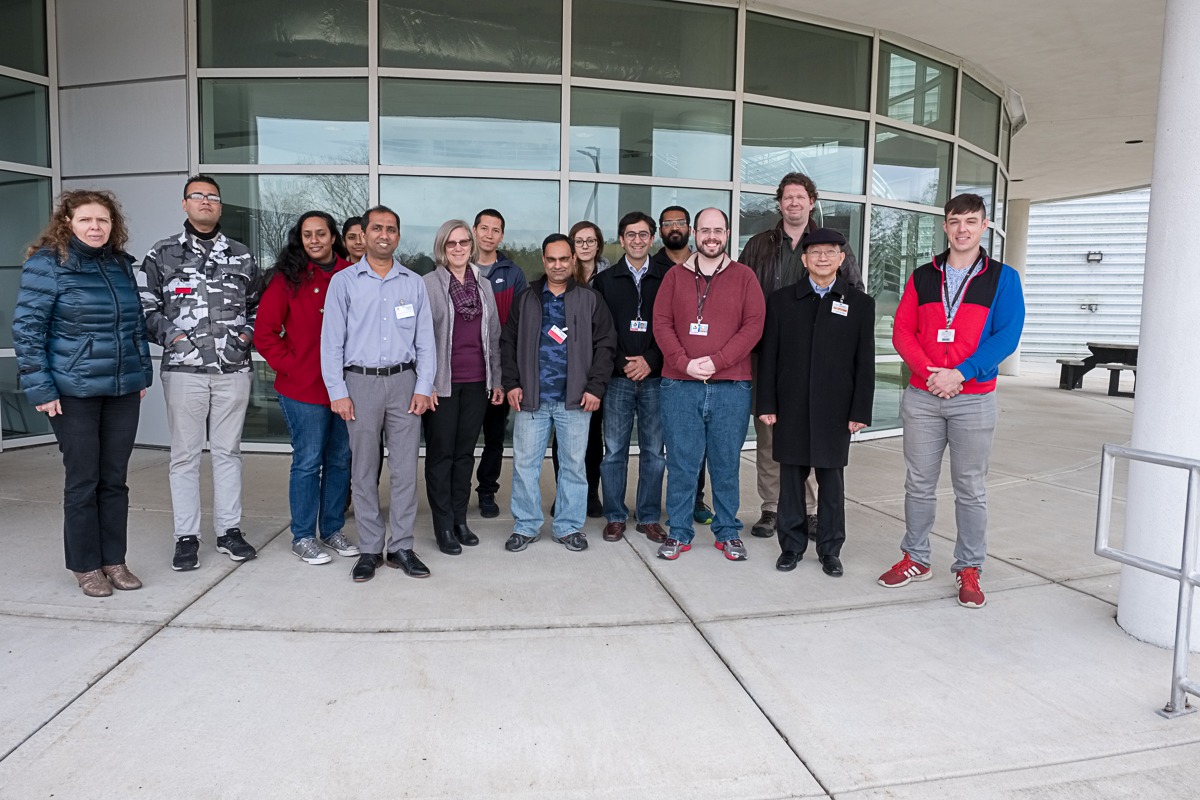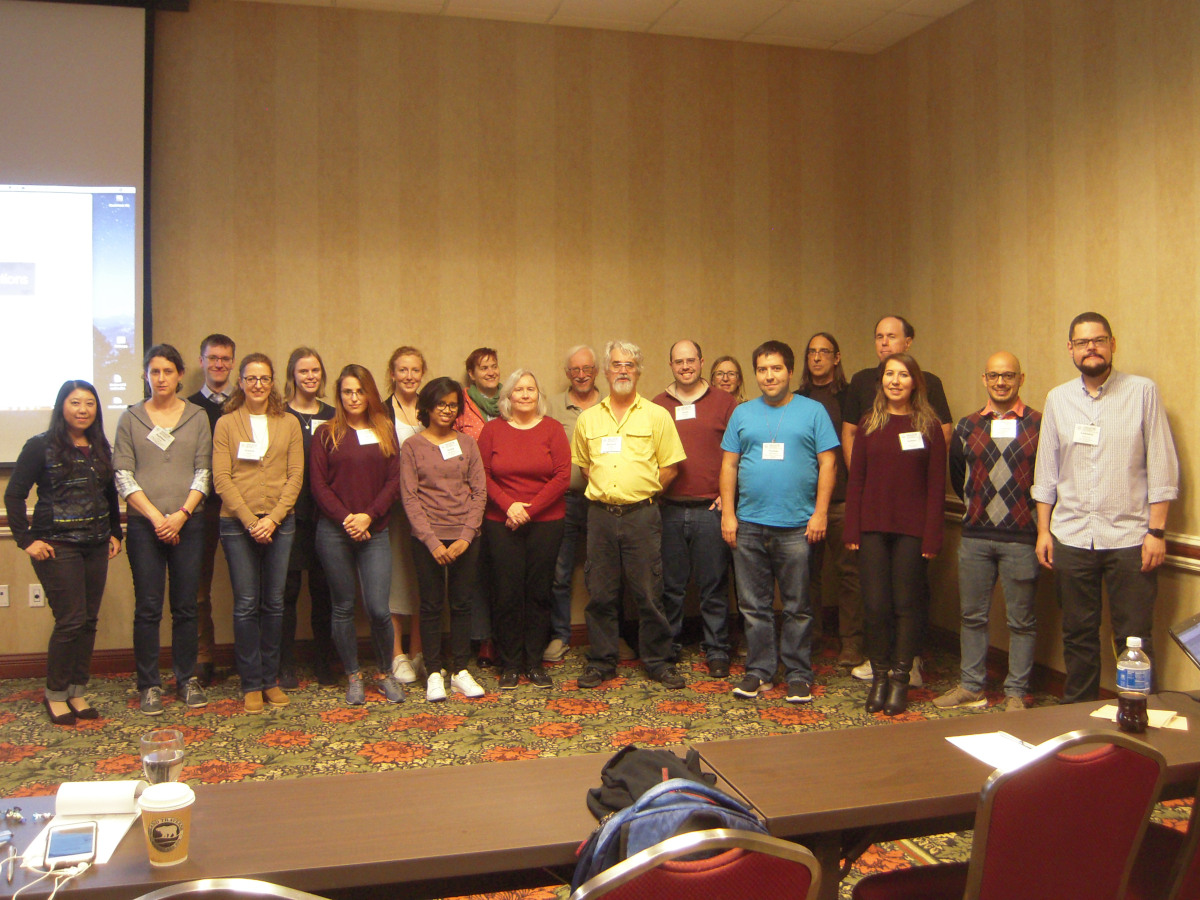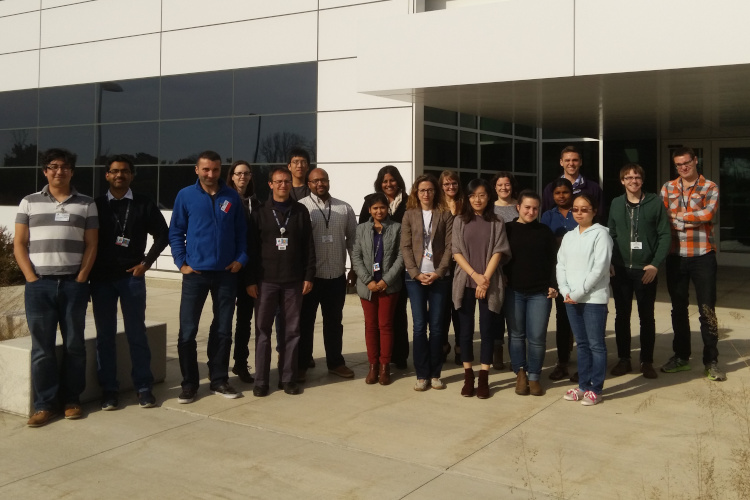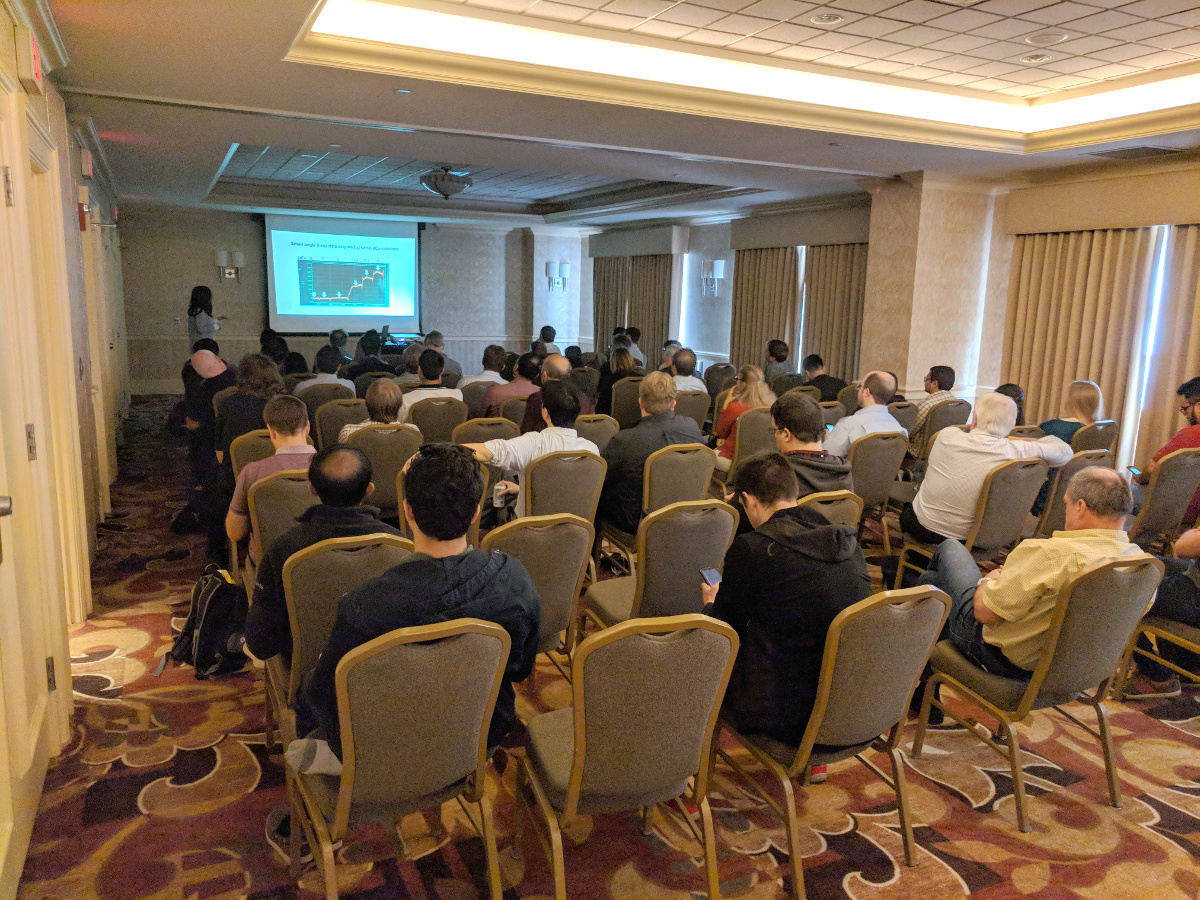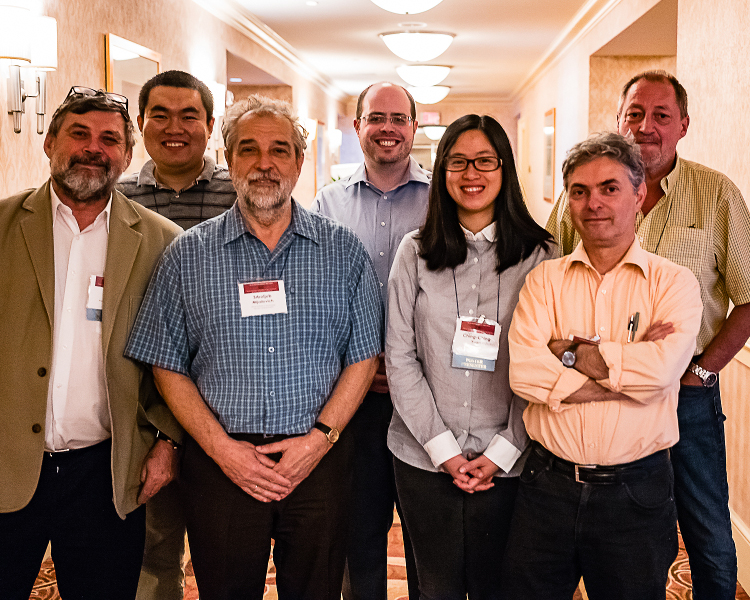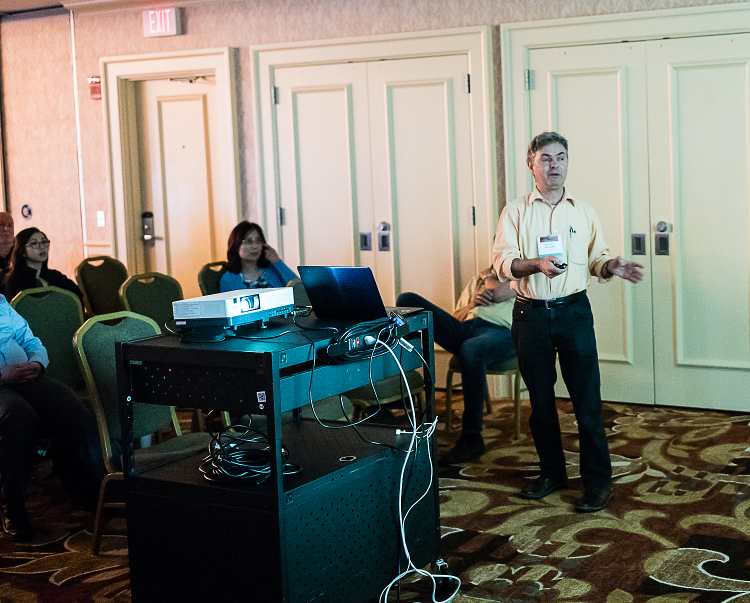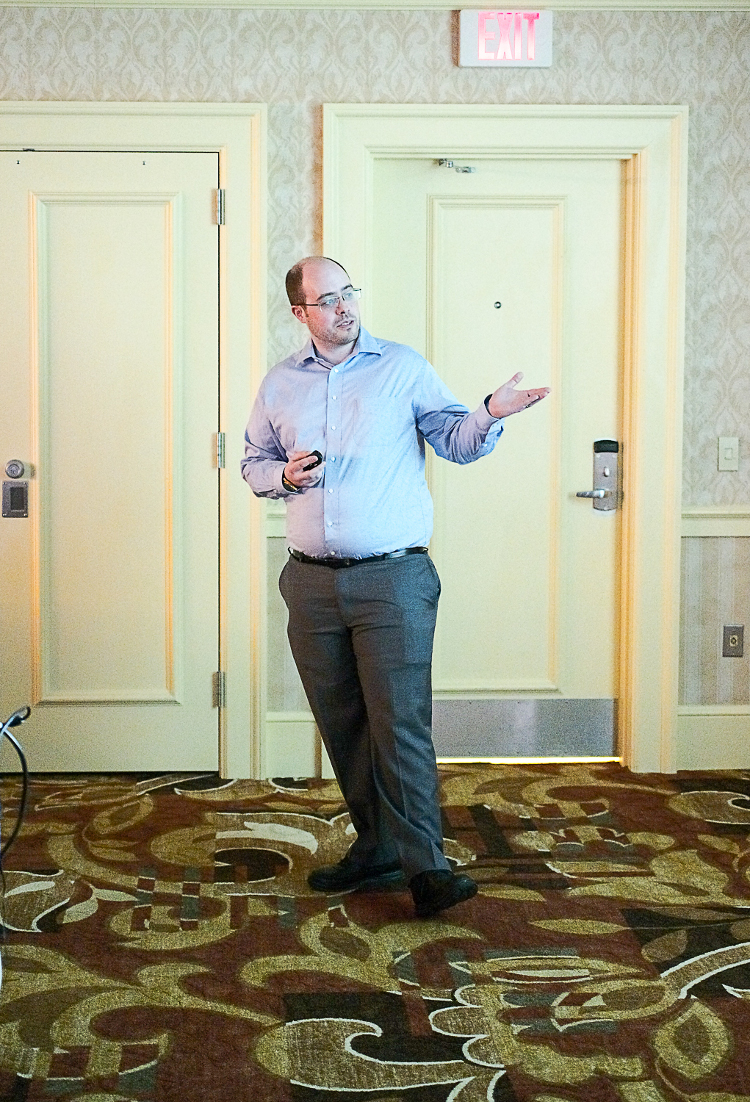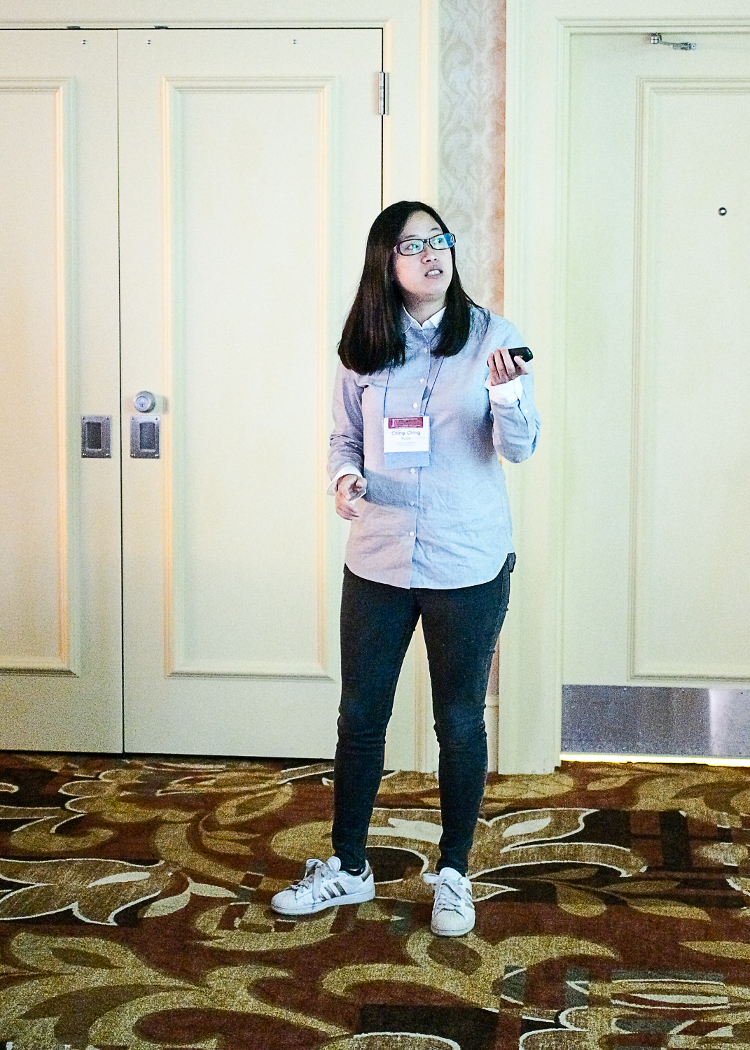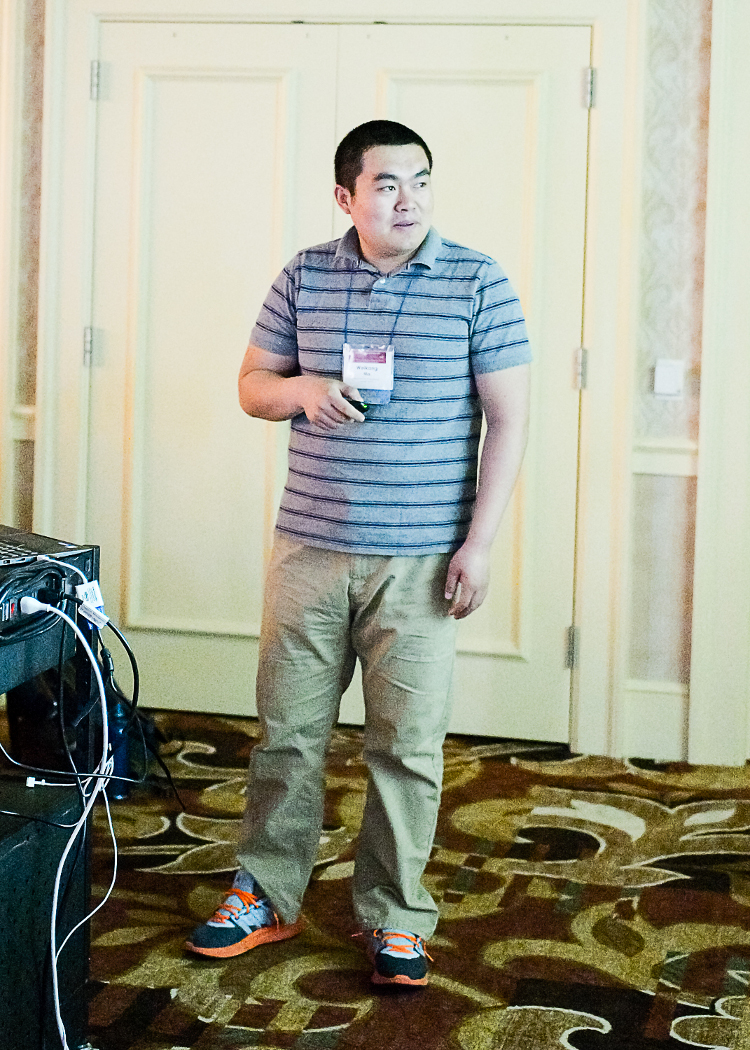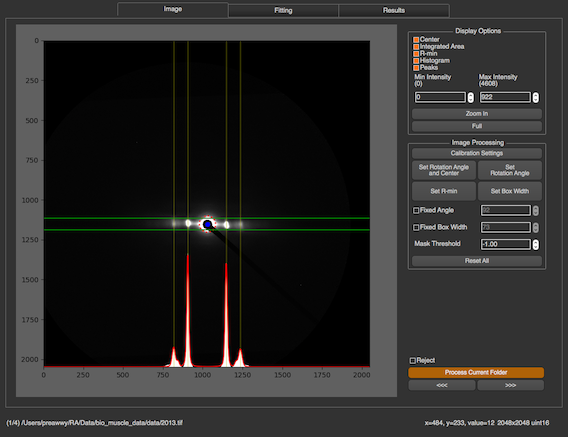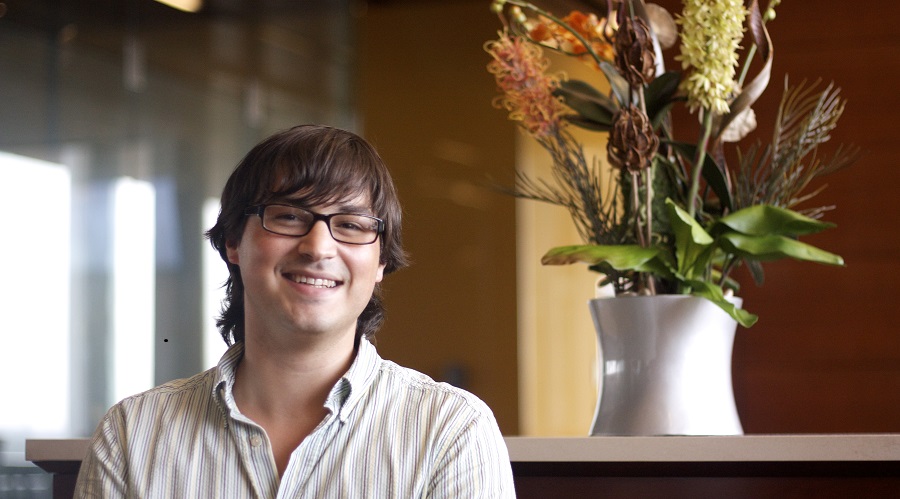Everything BioSAXS 5 Workshop Wrap-Up
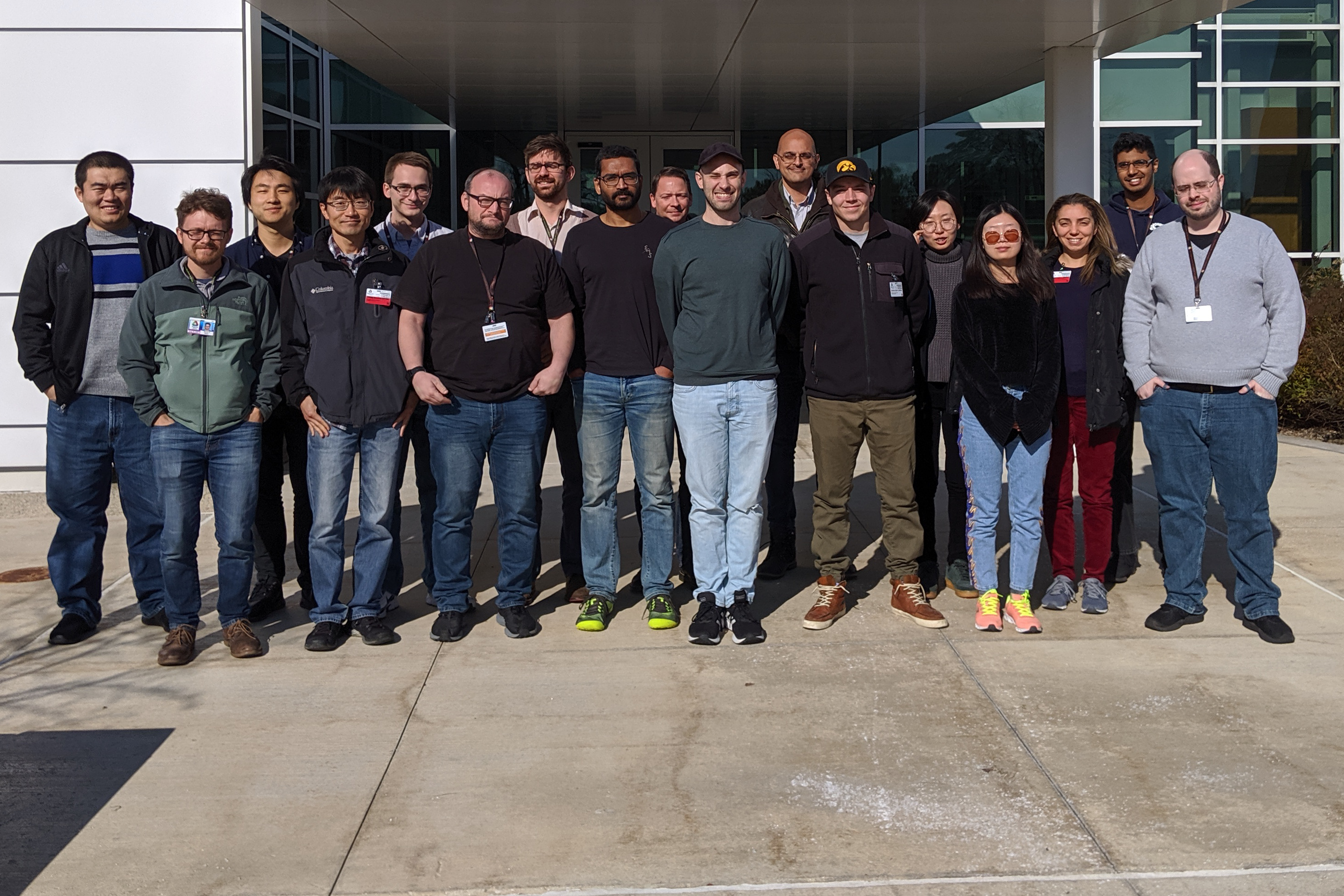
BioCAT held its fifth annual BioSAXS training course from 11/5/19-11/7/19. There were 13 on-site participants, 24 remote participants, and 6 instructors. Day one started off with an excellent overview of the basic physics of SAXS and what kind of information you can obtain from the technique by Dr. Xiaobing Zuo (12ID, APS). This was followed by a talk from Dr. Kushol Gupta (Penn. State) going over the extremely important and sometimes overlooked steps of how to actually plan and perform SAXS experiments. He covered everything from planning what data you want to collect to sample preparation for the experiment, to complementary biophysical techniques for verifying …
more ...